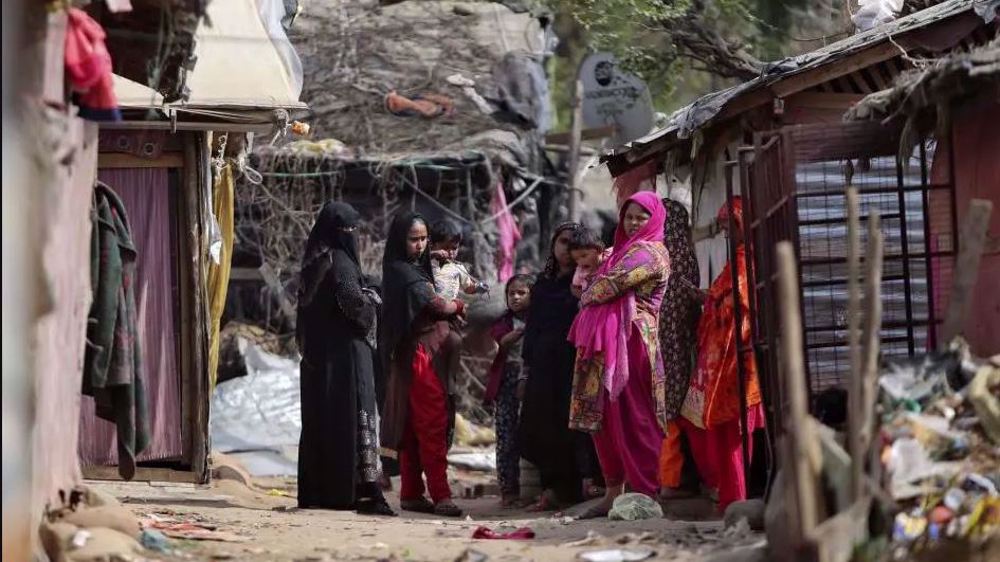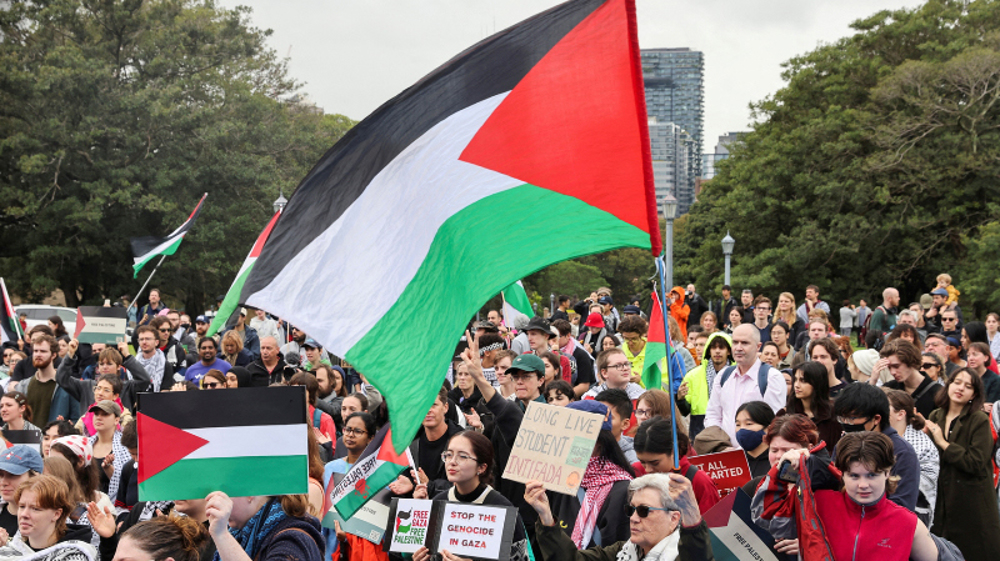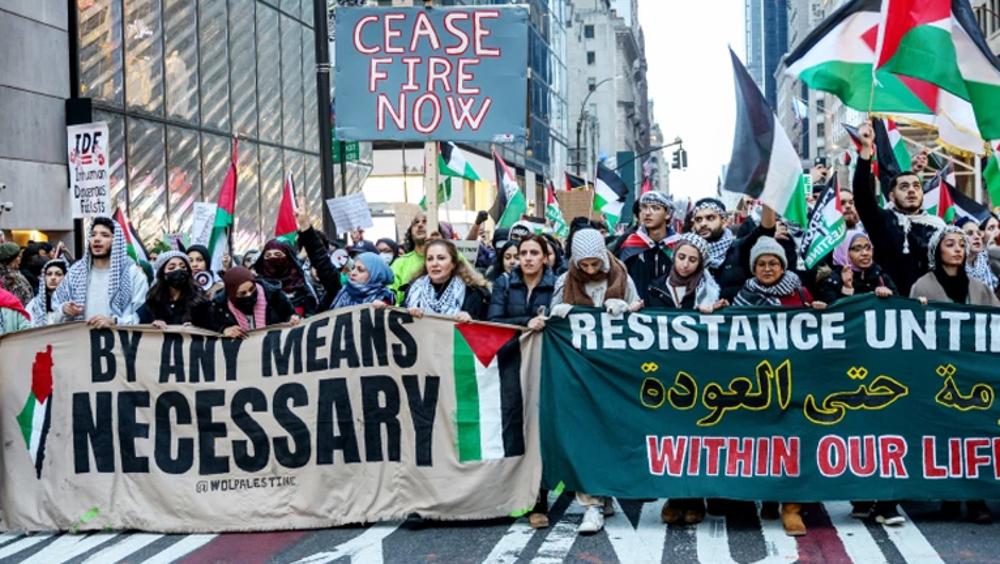Activists call for Islamic front against Arab-Israeli normalization
Yusef Jalali
Press TV, Tehran
The latest challenges in the Muslim world are the main theme of a gathering attended by political activists. On top of the conference’s agenda was the French government's recent blasphemy to Prophet Mohammad, which triggered worldwide condemnation from Muslims and religious leaders.
Delegates also condemned Sudan, Bahrain and the United Arab Emirates for their normalization of ties with Israel.
Last month, Sudan became the fifth Muslim country after Bahrain, the UAE, Egypt and Jordan to establish diplomatic relations with Israel.
Delegates at the conference called it a strategic folly and a backstabbing of Palestinians who have been suffering under more than seven decades of Israel's occupation.
Although the Arab-Israeli détente infuriated the Muslim world, activists say it should not come as a surprise, and it is only a revelation of their long-existing covert ties. This is why they believe the move will not lead to a seismic shift in regional power balance.
Experts find the root cause of regional crises in lack of coordination and a growing chasm between regional states. They say external players such as the US never want this gap to be bridged, since such a division has long been a chance for them to serve their interests in the region.
‘All wars have rules. All of those rules have been broken’ by Israel
VIDEO | Report flags India’s violation of rights of Rohingya detainees
Turkey's foreign minister meets Syria's de facto leader in Damascus
'Next to impossible' to rescue patients from Gaza's Kamal Adwan Hospital: Director
VIDEO | Vietnam current prosperity
Report blames gasoil exports for shortage at Iranian power plants
VIDEO | Hind Rajab Foundation names Israeli war criminals vacationing after Gaza genocide
VIDEO | Australians rally for Gaza ahead of Christmas festivities









 This makes it easy to access the Press TV website
This makes it easy to access the Press TV website